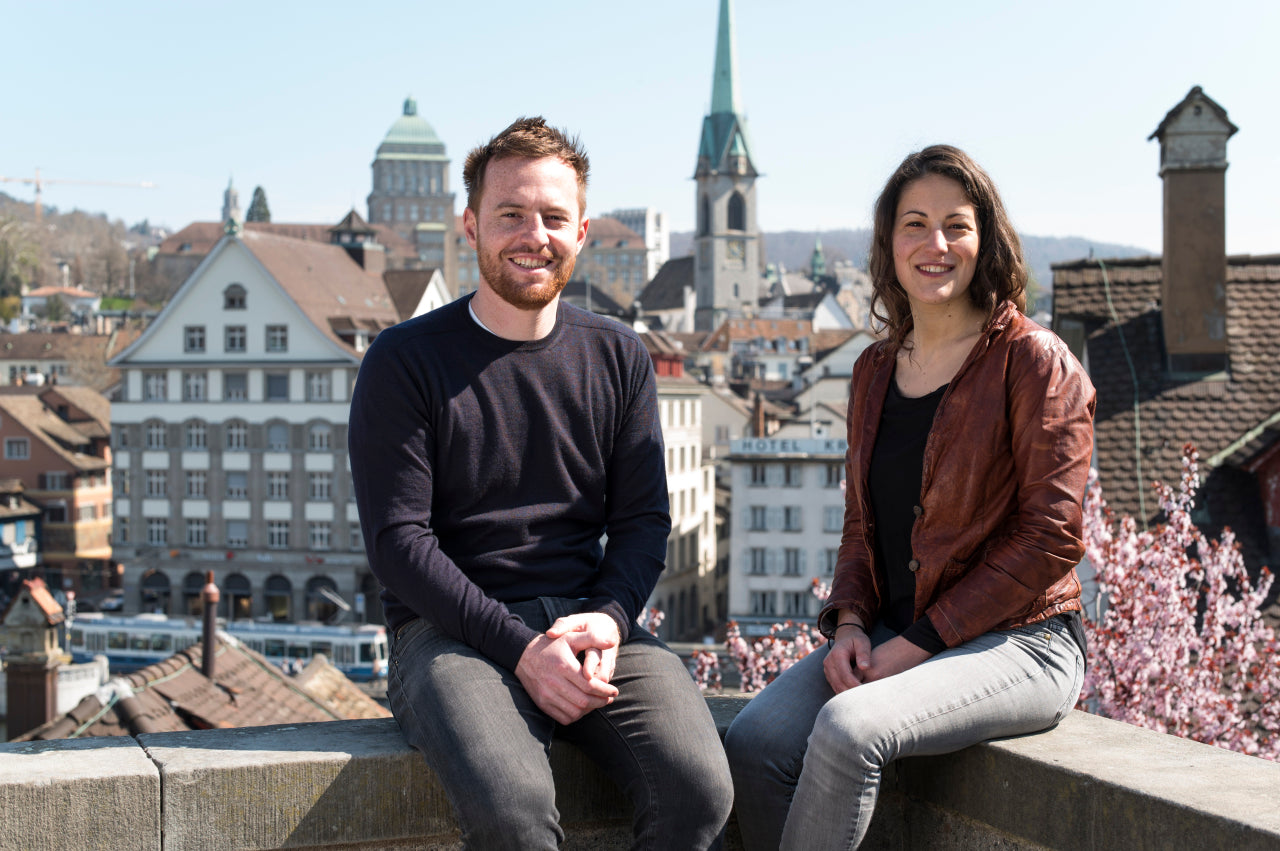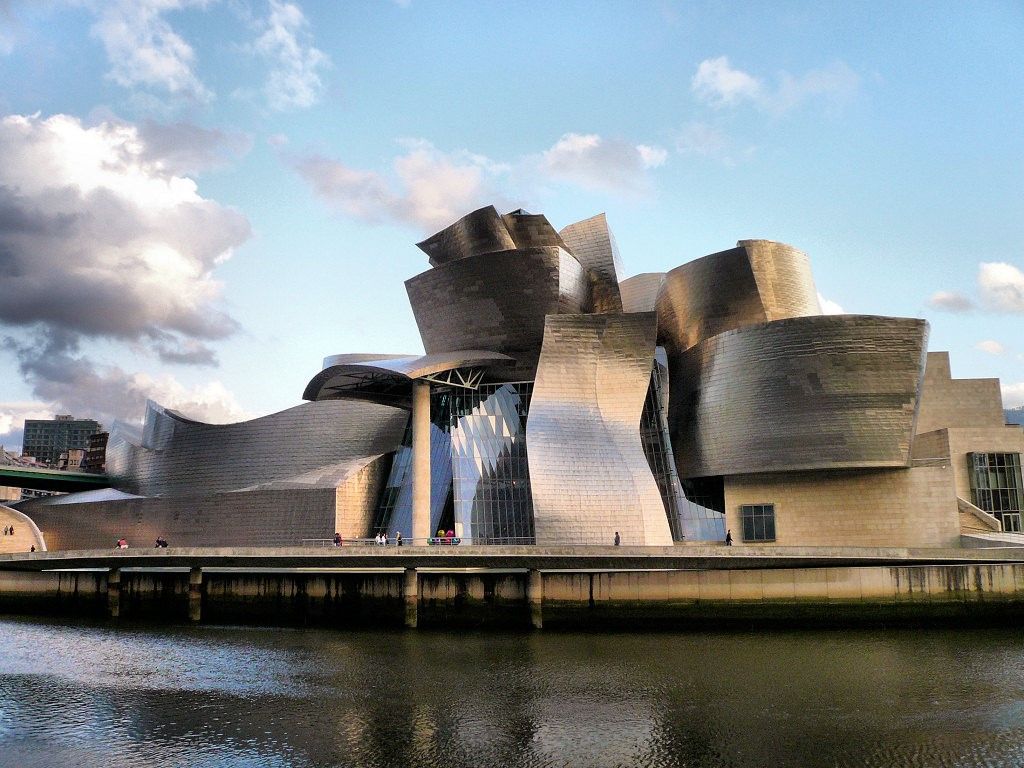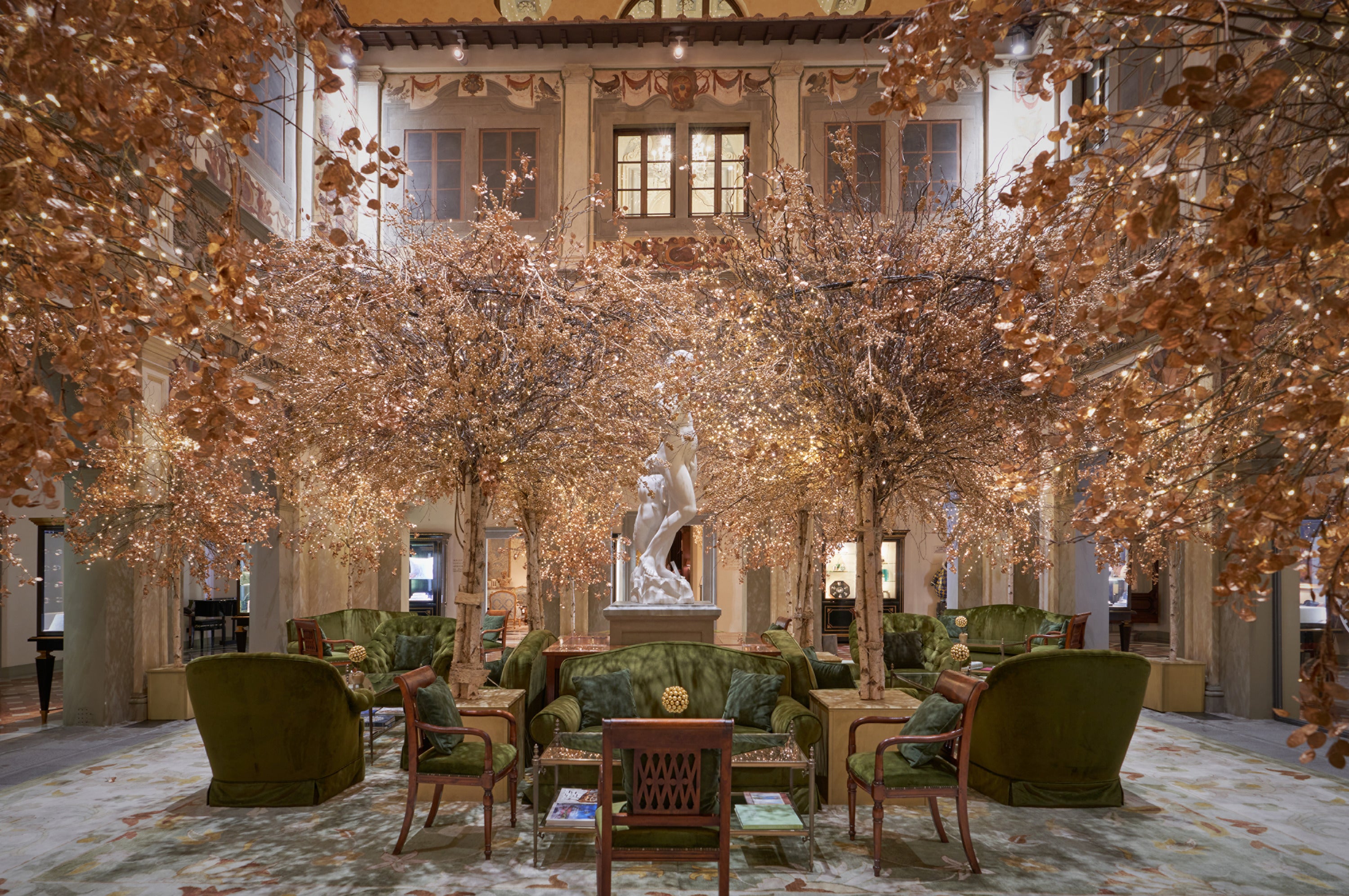A series of interviews in which we explore the lives of architects, their influences and the design choices that define their style. During the meetings, we investigate how these professionals interpret the role of architecture in contemporary society.
In conversation with Filippo Santoni
In the vibrant heart of Zurich, an architectural studio stands out for its innovative vision and the centrality of the individual . Leading it is the Florentine architect Filippo Santoni who, together with his partner Serena Santini , shares a clear mission: to make architecture a tool to improve everyday life and design living spaces with inclusive and collaborative solutions . Convinced that every project must come to life from people, the two dedicate their work to the creation of environments that reflect the complexity of contemporary research and the transformative potential of urban planning . Thanks to a continuous exploration of social needs, their studio has become a point of reference for those who consider architecture not only a technical discipline, but a cultural and social commitment.
What are your main passions outside of architecture, and how do they influence your design approach?
"I love spending time with friends, going to a concert, walking and swimming in the river. I am a very curious person and this characteristic of mine always leads me to discover, to investigate new things.
Travel is a fundamental component of my cultural and experiential baggage."
Travel is a fundamental component of my cultural and experiential baggage."
Is there a work or a city that has left a particular mark on you?
"If I think of a significant moment in my life, I think of a rainy afternoon in Florence when I decided to visit an exhibition at the Ospedale degli Innocenti. I was struck by an armchair designed by Mies van der Rohe, an architect who symbolized rationalism and the Bauhaus. I felt an intense emotion and from that moment I understood that architecture would be my path."

Zurich and Florence have different architectural cultures: what cultural aspect of Florence would you bring to Zurich, and vice versa?
"Zurich is synonymous with practicality, functionality and pragmatism. If you ask for a service, you get it well done, functional and impeccable.
Florence, on the other hand, for me represents humanism, people in the center of the city and an intense social life, characteristic of Italy in general. Florence and Zurich balance each other out for me, I would bring some Zurich pragmatism to Florence and humanism to Zurich, typical of Florence and our culture."
Florence, on the other hand, for me represents humanism, people in the center of the city and an intense social life, characteristic of Italy in general. Florence and Zurich balance each other out for me, I would bring some Zurich pragmatism to Florence and humanism to Zurich, typical of Florence and our culture."
Do you have any artists, musicians, films or books that you consider a source of inspiration? How do they fuel your creative process?
"I don't have a single doctrine and a single source of inspiration; I prefer to draw references from different sources and cultures, the greatest wealth we can have and share. I like to learn from people and their stories, from the experiences I have, have had and that they have lived.
I read articles by Umberto Galimberti and watch neorealist films by De Sica and Fellini, whom I admire for their great visionary ability.
Music, then, is a fundamental passion, it's an outlet. Lately I find it easier to listen to electronic or house music, but I remain very attached to The Libertines, The Strokes and The Smashing Pumpkins. As for the world of art, the first of many that comes to mind is Jean-Michel Basquiat, who tells a vision of the metropolis, of cultural stratification and of the complexity of the contemporary individual, in a heterogeneous era that fascinates me a lot."
I read articles by Umberto Galimberti and watch neorealist films by De Sica and Fellini, whom I admire for their great visionary ability.
Music, then, is a fundamental passion, it's an outlet. Lately I find it easier to listen to electronic or house music, but I remain very attached to The Libertines, The Strokes and The Smashing Pumpkins. As for the world of art, the first of many that comes to mind is Jean-Michel Basquiat, who tells a vision of the metropolis, of cultural stratification and of the complexity of the contemporary individual, in a heterogeneous era that fascinates me a lot."
You work with your partner: how do you support each other and maintain a work-life balance? Do you have projects outside of work that represent who you are?
"Working with Serena is a spontaneous thing. We share a passion for architecture and the vision of this discipline as a tool to shape the life we live. Having a common goal and working together to achieve it deeply satisfies us. What represents us beyond work is not an object or a project, but a moment: a swim in the sea, surrounded by the Mediterranean landscape. It is a simple action, but it reflects our passions and our way of living together."

If you had to imagine an ideal space dedicated just to you, what would it include to fully represent you?
"I don't imagine an exclusive space, but rather an inclusive space. I imagine an infinite place, with a wide horizon, where thoughts and glances can travel. A place where people can live their spaces well, appreciating the little things, within a large platform that hosts us all. It would be a place where everyone has the freedom to carve out their own corner to feel good, while being part of a larger whole."




